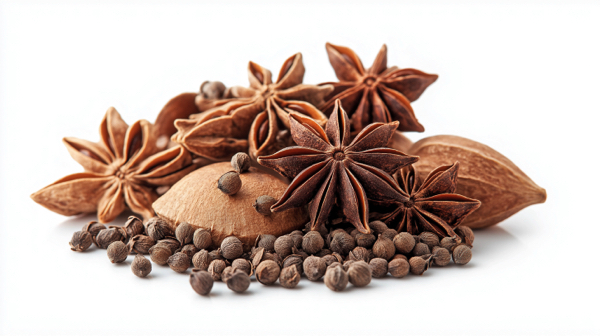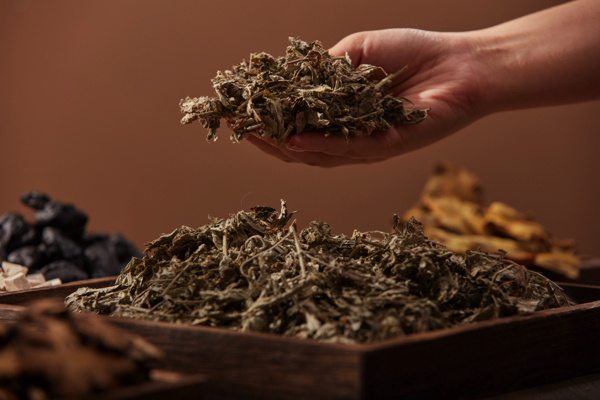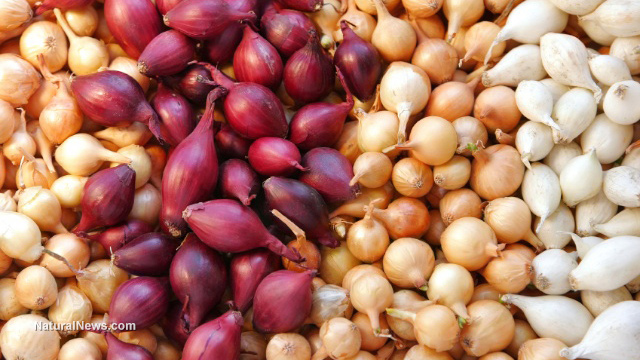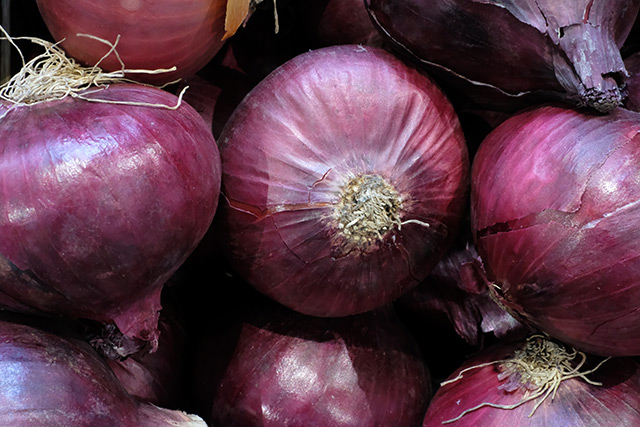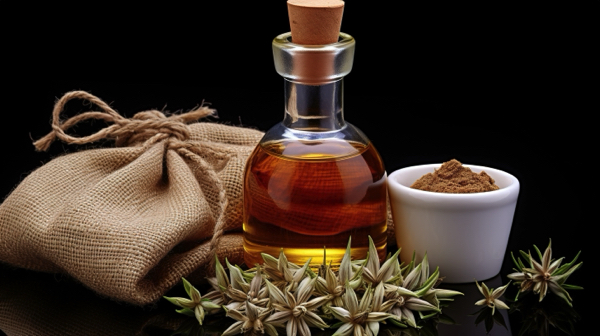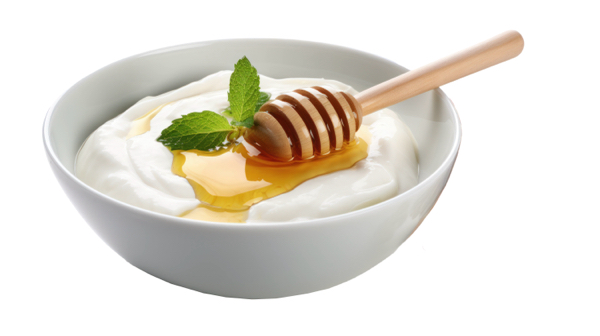“Miracle Tree” MORINGA: An ancient natural medicine against chronic diseases
10/24/2024 / By Olivia Cook
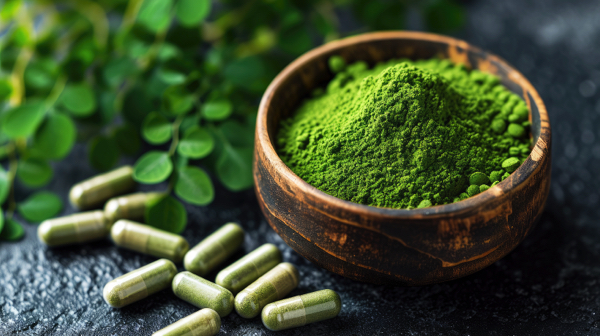
Moringa, also known as the “miracle tree” or “tree of life,” has been used in traditional medicine for centuries due to its nutritional value and potential to combat chronic diseases. Scientists have recognized its vast medicinal potential, though research has only scratched the surface of the many health benefits attributed to this superfood since 2000 BC.
Beyond its use as food, studies have confirmed several medicinal uses of Moringa oleifera. (Related: Moringa 101: All you need to know about its health benefits, medical applications and nutrient profile.)
An excellent source of essential nutrients
Moringa leaves are packed with essential nutrients. Just one cup of fresh, chopped moringa leaves provides plenty of protein, vitamins A (from beta-carotene), B1 (thiamine, B2 (riboflavin), B3 (niacin), B6 (pyridoxine), C (ascorbic acid) and E, as well as minerals like calcium, iron, magnesium, phosphorous and potassium.
Asthma treatment
A study published in the Indian Journal of Pharmacology supports the use of moringa for easing bronchial asthma symptoms. Study participants experienced improved lung function and significant reductions in asthma symptoms, such as chest tightness, coughing, shortness of breath and wheezing, after taking moringa.
Benefits for hair and skin
Moringa seed oil is an excellent natural remedy for supporting hair and skin health. With vitamins A, C and E, it mimics your skin’s natural oils, making it an ideal moisturizer. High in amino acids and oleic acid, it can keep your hair and skin hydrated. Moringa seed oil also helps revive dull skin by preventing moisture loss and can visibly lighten dark spots due to its high vitamin C content (seven times that of oranges).
Moringa seed oil antioxidants can also protect against free radicals, reduce wrinkles and improve skin texture. Being non-fragrant, it is safe for those with acne or fragrance allergies. (Related: Moringa is a nutrient-dense superfood that protects you from oxidative damage.)
Cancer treatment
Studies show that moringa extracts, particularly from its bark and leaves, have demonstrated anticancer properties. Research published in PLoS One found that moringa extracts reduced the growth and spread of aggressive breast and colorectal cancer cells by lowering cell survival and promoting apoptosis (cell death).
Another study published in Advances in Cancer Biology-Metastasis revealed that moringa leaf extracts induced apoptosis in lung cancer cell lines, causing cell shrinkage and fragmentation. Moringa also contains niazimicin, a compound that not only inhibits cancer cell growth but also has demonstrated neuroprotective effects. (Related: Moringa shows powerful antiproliferative effects on cancer cells.)
Cardiovascular protection
Moringa leaves have shown promise in protecting the heart and blood vessels from damage, particularly in conditions like drug-induced vascular dysfunction, cardiac thrombosis and hypertension. A study published in Frontiers in Pharmacology highlighted moringa’s role as a free radical scavenger and anti-inflammatory agent, which helps prevent cardiovascular disease. Moringa’s bioactive components, such as alkaloids, flavonoids, phenolic acids and their various isolates, contribute to its effectiveness in supporting heart health.
Diabetes management
Research published in Frontiers in Pharmacology highlights moringa’s potential in helping manage diabetes. Its leaf extracts help regulate blood glucose and insulin levels, improve insulin sensitivity and protect against organ damage caused by high blood sugar. The extracts also enhance the body’s antioxidant defenses, reducing oxidative stress and inflammation, which are key factors in the progression of diabetes.
Liver protection
Research published in the South African Journal of Botany shows that moringa polyphenols, such as caffeic acid, gallic acid and quercetin, have strong antioxidant properties that help protect the liver from non-alcoholic fatty liver disease (NAFLD). Further studies are underway to better understand how moringa provides these liver-protective effects.
Rheumatoid arthritis relief
Research published in the Journal of King Saud University-Science has shown that M. peregrina (the fastest-growing species of the moringa tree) leaves and seed oil have anti-inflammatory and antiarthritic properties. Traditionally, its young leaves are used to treat wounds, while its bark juice is used to relieve back and muscle pain, burns, constipation, fever and headaches.
Treatment for skin diseases
A study published in the Journal of Ethnopharmacology found that moringa seed oil is effective as a topical treatment for both acute and chronic skin conditions caused by excessive keratinocyte growth. Its oleic acid content also helps treat inflammatory skin disease, broadening its potential as a natural skin remedy.
Treatment for upset stomach
A study published in Phytotherapy Research found that moringa’s antioxidant and anti-inflammatory properties can help reduce acid reflux in rats, suggesting it could be a preventive measure for those with gastroesophageal reflux (GERD). Fresh moringa leaves can naturally alleviate acidity. According to studies, 350 mg and 500 mg of moringa can reduce acidity in gastric ulcers by over 85 percent. Moringa may also lower the risk of acidity by reducing the presence of Helicobacter pylori, a bacteria linked to acid reflux and GERD, as indicated in a study published in the journal Comparative Clinical Pathology.
Learn more about moringa at Herbs.news.
Learn more about “The healing power of moringa leaf powder” by watching the video below.
This video is from the All About Herbs channel on Brighteon.com.
More related stories:
Why moringa deserves to be included in your daily diet.
Moringa oleifera” The miracle tree of the Himalayas.
Moringa seeds found to prevent the spread of breast cancer cells to surrounding tissue.
Moringa oeifera lam leaf power can help HIV patients stay healthy during antiretroviral therapy.
Moringa leaves show promise as a prebiotic with anti-obesity effects.
The nutritional and medical uses of Moringa oleifera.
Sources include:
Submit a correction >>
Tagged Under:
alternative medicine, anticancer, arthritis cures, asthma, diabetes cure, digestion, food cures, food is medicine, food science, functional food, health science, heart health, herbal medicine, Herbs, liver health, moringa, natural cures, natural health, natural medicine, nutrients, nutrition, phytonutrients, plant medicine, prevention, remedies, skin health
This article may contain statements that reflect the opinion of the author
RECENT NEWS & ARTICLES
Digestion.News is a fact-based public education website published by Digestion News Features, LLC.
All content copyright © 2018 by Digestion News Features, LLC.
Contact Us with Tips or Corrections
All trademarks, registered trademarks and servicemarks mentioned on this site are the property of their respective owners.

